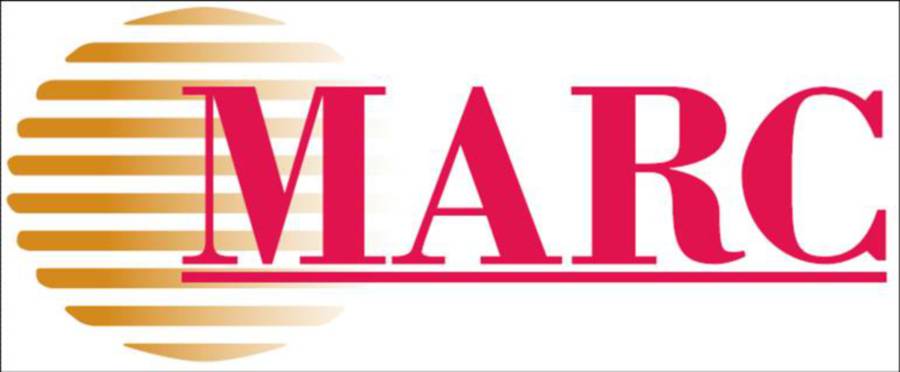PETALING JAYA: Malaysian government securities’ (MGS) yield rose sharply from early to mid-March as the erosion in risk sentiment due to the Covid-19 pandemic dominated trade, according to Malaysian Rating Corp Bhd (MARC).
As of end-March, it highlighted that the MGS yield curve had bear steepened with the 20-year MGS yield rising the most by 68bps to 3.92% (Feb: 3.24%).
Yields at the front end rose at a significantly slower pace than those further up the curve amid the surprise Overnight Policy Rate cut of 25bps to 2.5%.
MARC explained that as the outbreak shows little sign of slowing, governments around the world including Malaysia began to restrict the movement of its citizens, hampering economic activities.
“Due to the risk-off sentiment in Malaysia and other emerging markets, investors have flocked toward US treasuries,” said the ratings agency in a statement.
Furthemore, it noted that MGS were also weakened by the sharp drop in crude oil prices as a result of the oil price war between Russia and Saudi Arabia.
The risk-off sentiment had led to massive outflows of foreign funds from the local bond market in March.
MARC pointed out the net foreign outflows from the local bond market amounted to RM12.3 billion in March, the highest monthly net outflows since May 2018.
“This brought the total foreign holdings to RM187.8 billion (Feb: RM200.1 billion), equivalent to 12.3% (Feb: 13.1%) of total outstanding local bonds,” it calculated, with MGS accounting for most of the outflows (-RM12.5 billion),
The ratings agency noted that foreign holdings of MGS amounted to RM147.6 billion (Feb: RM160.1 billion), equivalent to 36.8% (Feb: 39.6%) of total outstanding MGS.
It observed that the pressure on MGS yields started to ease in the final week of March as Bank Negara Malaysia (BNM) introduced various liquidity enhancement measures.
“BNM slashed the statutory reserve ratio (SRR) by 100 basis points (bps) to 2% and allowed principal dealers to recognise up to RM1 billion worth of MGS/government investment issues (GII) as part of the SRR compliance,” MARC explained.
Meanwhile, in the primary market for local government bonds, the rating agency noted that the gross issuance of MGS/GII accelerated to RM16.8 billion in March from RM12 billion the previous month.
The gross issuance of GII amounted to RM8.8 billion and the remaining RM8.0 billion was from MGS.
“We expect gross issuance of MGS/GII for 2020 to be significantly higher than last year at between RM140.0 billion to RM150 billion,” it opined.
“This is in view of widening fiscal deficit amid the shortfall in government revenue due to low crude oil prices and the RM35 billion fiscal injection.”
In the corporate bonds space, MARC observed that gross issuance of long-term corporate bonds moderated to RM7.2 billion in March, compared to RM10.7 billion in February.
Issuance in March was led by Prasarana Malaysia Bhd’s RM1.4 billion sukuk under its RM10.0 billion Sukuk Murabahah (2017) and RM2 billion Sukuk Murabahah (2015) programmes respectively.
For 2020, the ratings agency expects the total gross issuance of corporate bonds to be circa RM95 billion to RM105 billion, lower than 2019’s level of RM132.0 billion.
“Our forecast is premised on the expected contractions in real GDP and private investment which will affect corporates’ appetite to raise more funds.”










